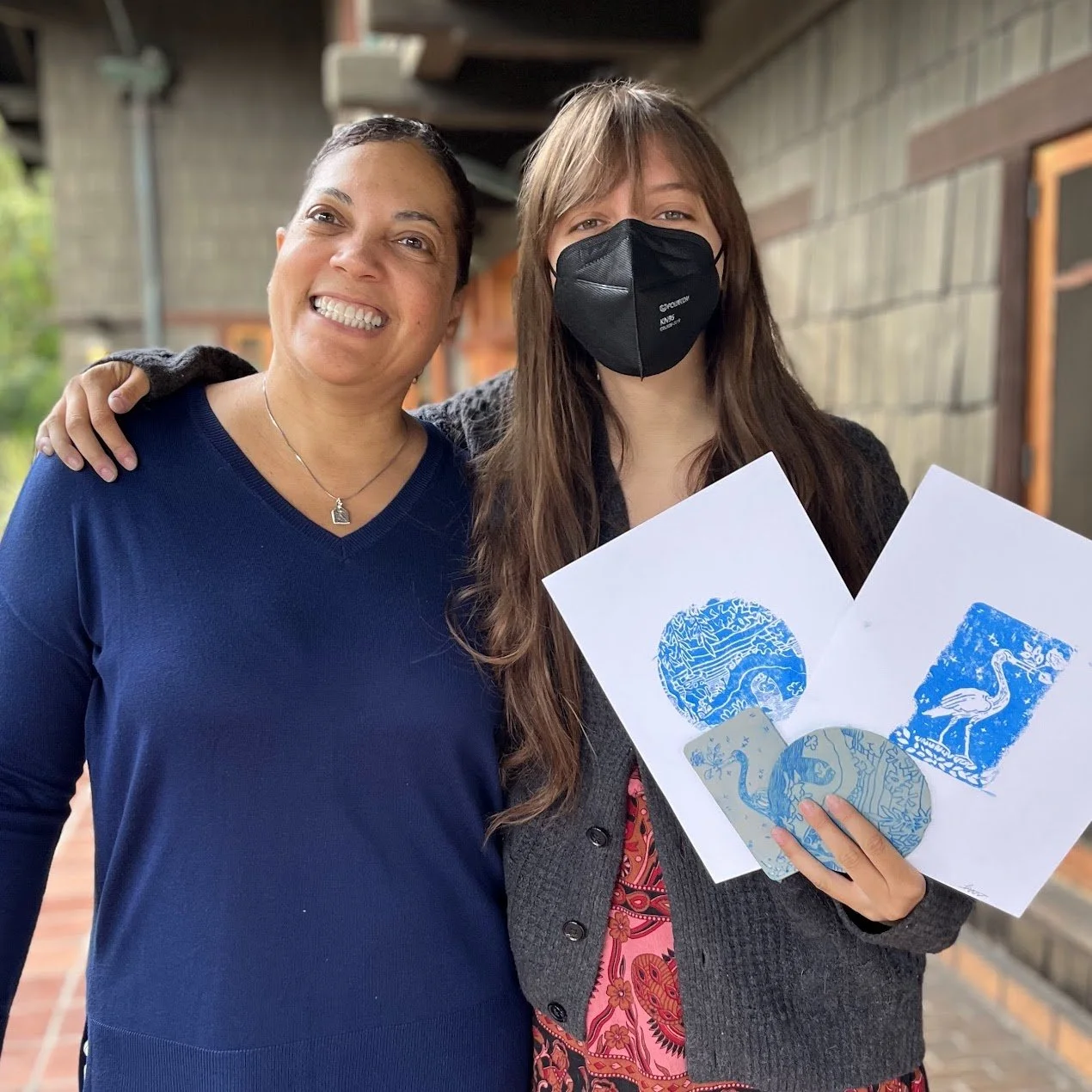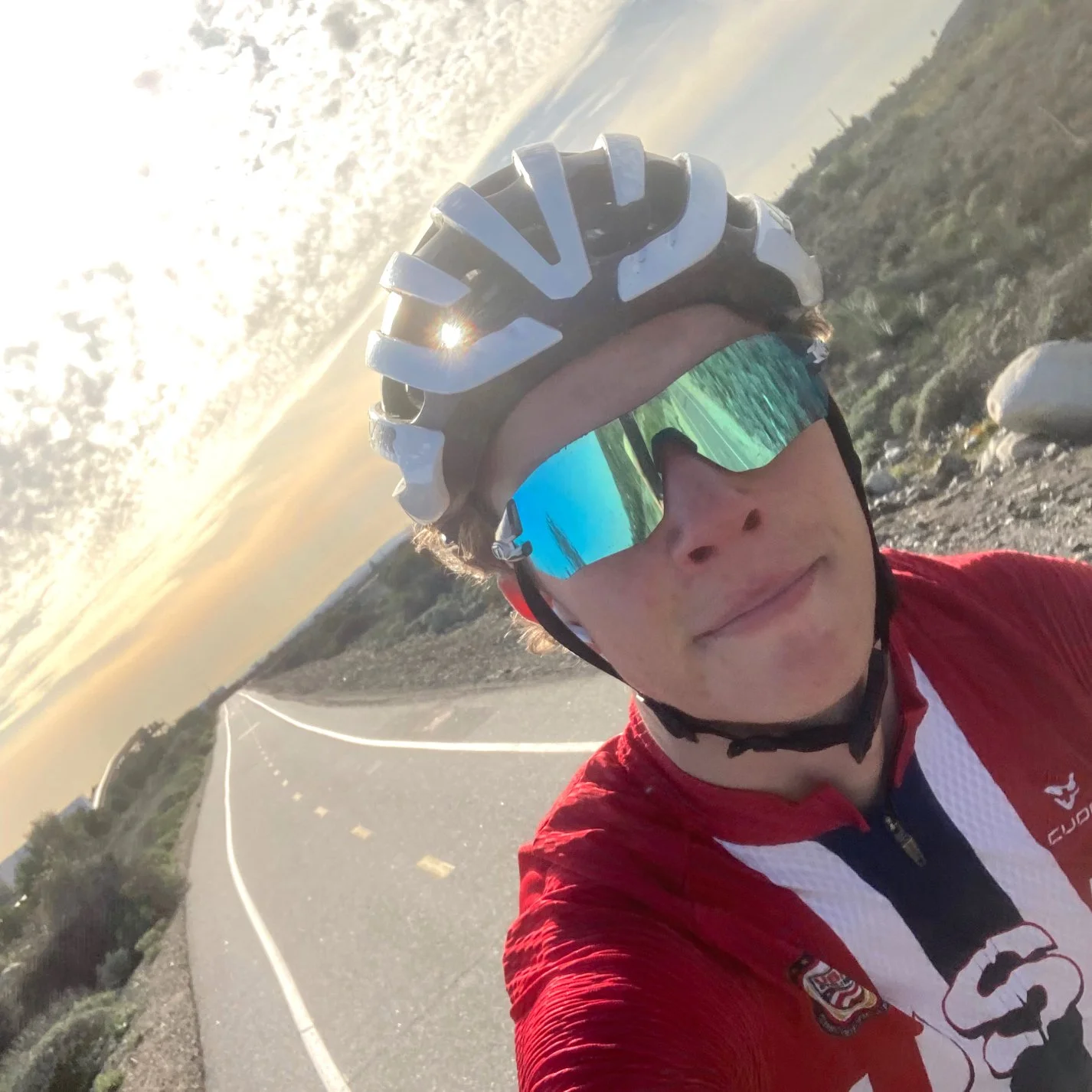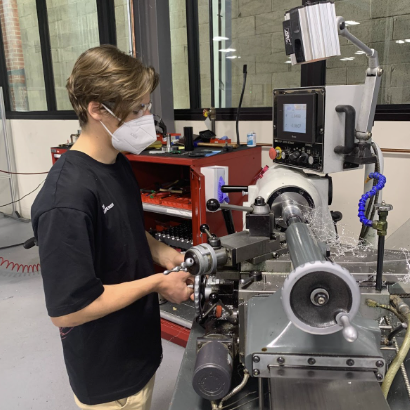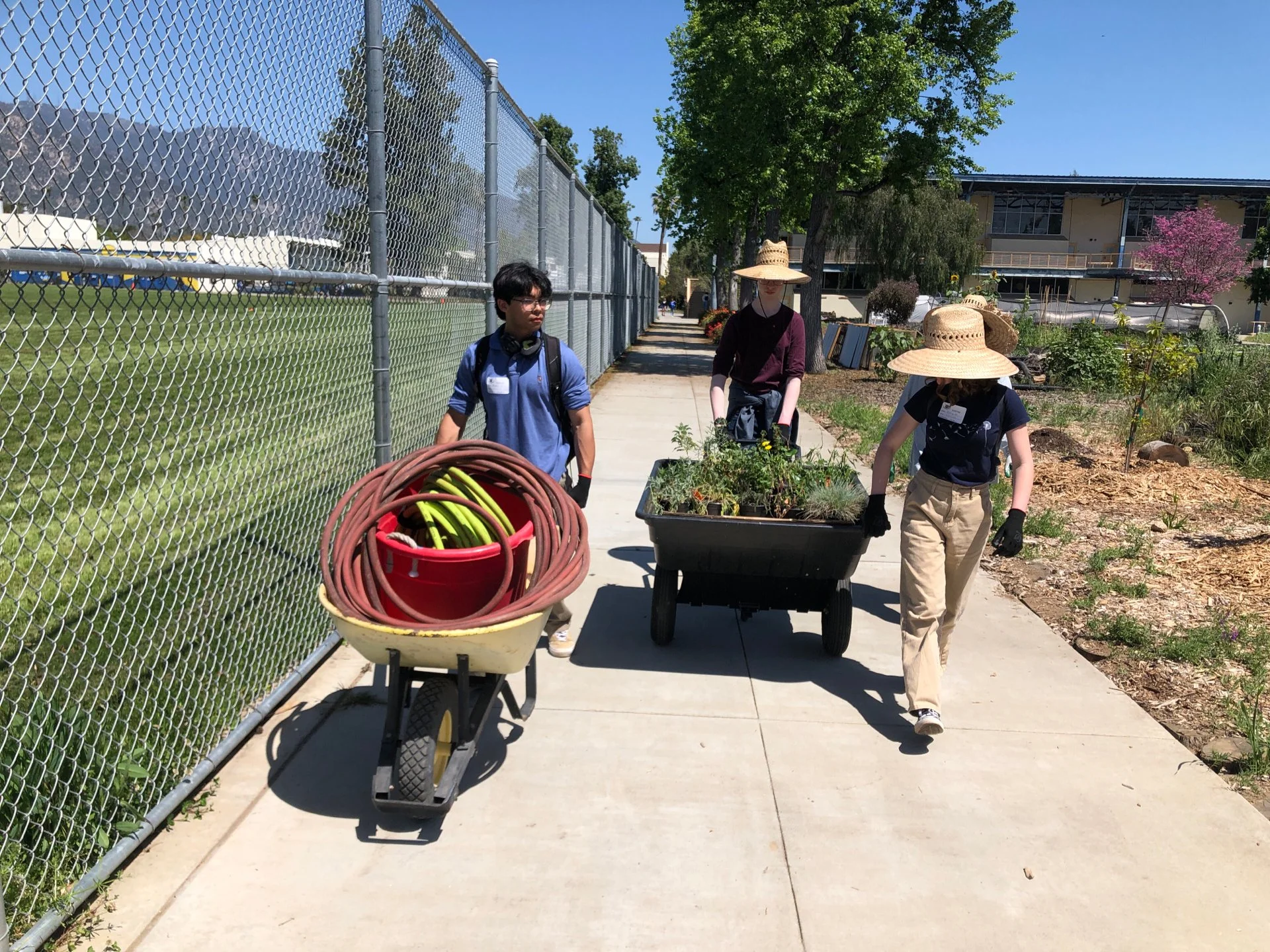Host an InternSIP
We’re seeking partners to host senior interns for the 2025-26 school year.
Seniors in the Social Innovation Program (SIP) at Sequoyah School have had three years developing design thinking skills and mindsets. Our students are systems thinkers who define problems, nurture solutions, and build partnerships towards a just and sustainable world.
Featured InternSIPs
Responsibilities
A successful internSIP is the result of close partnership between everyone involved.
Host
Provide safe environment that is conducive to student learning and growth.
Supervise the intern once per week for 90 minutes or more from September–May, excluding holidays and school breaks.
Support the intern with student assignment deadlines (see below).
Fill out intern feedback form at the midpoint and end of the year.
Immediately communicate emergent issues, as necessary.
Intern
Post weekly journal entries documenting successes and challenges.
Complete course projects, in collaboration with host.
Seek feedback regularly from supervisor and conduct periodic self-assessments.
Communicate promptly with host about planned and unplanned absences.
Arrange transportation to and from internSIP site
Sequoyah School
Facilitate application and matching process to ensure success for all parties.
Support host and intern with administrative functions (e.g., communication, transportation), as needed.
Conduct 2-3 site visits throughout the school year.
Address emergent issues in collaboration with host and student, as necessary.
FAQs
-
Not quite. A volunteer donates their time to support the everyday operations of the hosting organization without expectation of reciprocation. In contrast, an intern commits their time with the understanding that, in exchange, the organization will help them learn, grow, and expand their network.
An organization can host an intern in their existing volunteer program, so long as they are also willing to support the two assignments (see below). Most hosting organizations find these assignments support a meaningful experience for all parties.
-
Generally no. We believe important professional skills are developed when students have the opportunity to interact with colleagues in person. Under rare circumstances a fully virtual internSIP is approved.
-
Interns are free from 1:00–3:15 PM on Fridays. Students are in school and unavailable from 8:15 AM – 3:15 PM, Monday–Thursday and often have after school commitments. Students and hosts who would like to intern outside of Friday afternoons should discuss with the Director of Social Innovation.
-
InternSIPs last from September to May, skipping regular school and holiday breaks. Students’ academic classes finish at the end of April, allowing for an increase of internSIP hours in May, if appropriate.
-
Yes, you don't have to be a non-profit. An intern’s role could be dedicated to aligning the company or organization toward a particular social justice or sustainability goal.
-
No, though hosts should be located in the Los Angeles area. Our students are eager to get to know our region and live in a variety of neighborhoods (e.g., San Gabriel Valley, Hollywood, East L.A., Silver Lake, San Fernando Valley, and more).
-
During initial conversations, hosts and the Director of Social Innovation co-design a placement process that is fair to students and ensures organizations are matched with interns who have the appropriate skills, interest, and experience to help them succeed. Given the varied nature of internSIPs, all placement processes vary slightly.
-
Yes. Like with all internSIPs, hosts and the Director of Social Innovation converse to ensure the student will have adequate learning experiences and networking opportunities.
-
Seeking regular feedback is an important part of being an effective and collaborative changemaker. Interns are expected to hone this skill during their InternSIP. Before an internSIP starts, we work hard to set clear expectations with interns and hosts. Twice throughout the year, students lead formal self-evaluations and have an evaluative conversation with their supervisor. The Director of Social Innovation and other Sequoyah School staff are prepared to address emergent issues as they arise.
-
No. There is no exchange of money between host or intern.
-
Yes, students get credit for their participation in an InternSIP.
Student Assignments
Two project assignments ensure students apply their design thinking skills. Minimal support is required by the host.
#1 – Organizational Portrait
Throughout the fall, with the scheduling help of their supervisor, interns conduct 3-5 informational interviews with colleagues to learn about the people and skill sets that make the organization run. Students present their findings in December at Exhibition Night for their families.
#2 – Intra-preneurial Proposal
By at least the end of March, students present a written project proposal to their supervisor. Their project should address an organizational need the student and/or supervisor has identified, take advantage of the student’s skills, and be able to be completed before May. Students present documentation of their project and personal learnings in June at Exhibition Night for their families.
Timeline
Interest forms are accepted on a rolling basis.
Spring 2025 – Call for internSIP hosts open
Summer 2025 – Conversations between internSIP hosts and Director of Social Innovation to prepare for the year
September 2025 – InternSIPs begin
May 2026 – InternSIPs end
Support a changemaker.
Questions?
RJ Sakai, Director of Social Innovation: rjsakai@sequoyahschool.org
Thank you to our previous hosting partners













